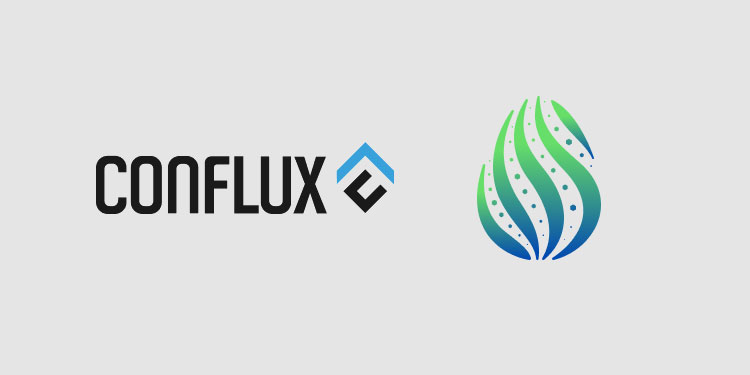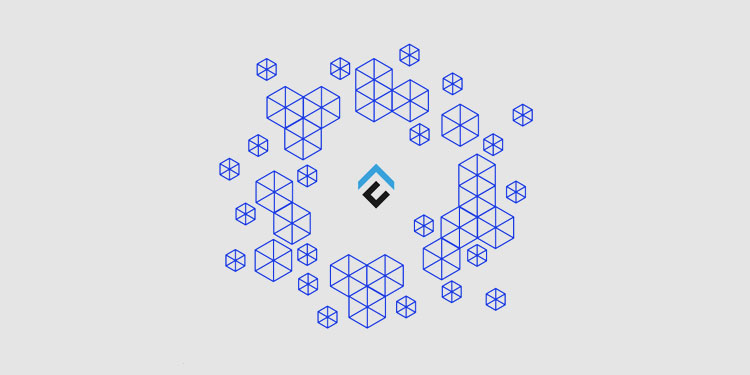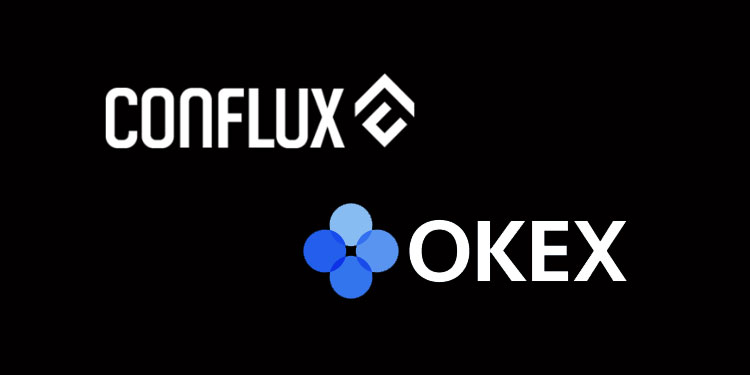Conflux Network, an open-source commerce network powered by blockchain, today announced a partnership with Commons Stack, an organization focused on building open-source tools to sustainably grow apps and communities. By partnering with Common Stack, Conflux will have access to a variety of tools for modeling and governance that can then be deployed on Conflux to benefit its community.
With the recent introduction of the Conflux DAO, Conflux users are now able to make transparent, community-based decisions via the blockchain. This can now also be done so using Commons Stack’s library of open-source, interoperable Web3 components, which enables users to raise and allocate shared funds, and make decisions on where these shared funds will go. Alongside the technical integration, Conflux will support burgeoning Commons Stack communities in China and continue to collaborate and build on the Commons Stack library of open source components.
“Commons Stack provides a variety of modeling and governance tools which form a concrete e foundation for sustainable decentralized communities,” said Eden Dhaliwal, Conflux Network’s Global Managing Director. “Our partnership will provide our community with the necessary tools needed to govern new applications, enhance pre-existing governance tools, and grow a more sustainable decentralized ecosystem.”
Commons Stack, alongside the greater community, has years of experience in multi-agent coordination and complex systems thinking. Together with its ecosystem partners, Commons Stack has created a modular library of tested, token-engineered components that can be modeled, customized, and implemented to solve common challenges of distributed coordination
“Our partnership with Conflux, an innovator in the Web3 space, will not only introduce the Commons Stack design pattern to new blockchains but also provide global exposure to our mission,” said Jessica Zartler, Token Engineering Researcher with the Commons Stack. “Together, Commons Stacks and Conflux will accelerate the development of token engineering and expand the growing database of research and templates for building ethically engineered microeconomies.”






















